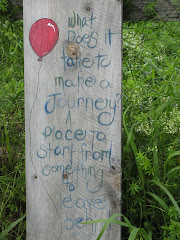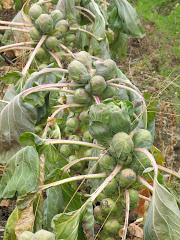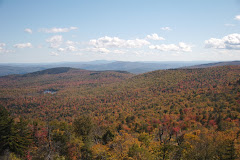
(A partial list brainstormed on a cold, grey morning in the middle of November.)
Food is whole and simple and accessible.
Pleasure and nutrition cannot be viewed separately. (Fukuoka)
Food is an embodiment of place. We, as people, are an embodiment of the places we inhabit. Our food, and the way we grow it and eat it, is an embodiment of the health of the place.
Eating is community-centered. Food is shared. Food is always a celebration.
Food has story.
Children know how to harvest carrots and potatoes. They know that beets and peas and beans and wheat come from the earth.
Food is always a celebration, always shared. There is enough. Not too much, but enough. Enough is a family around a wooden table, a bowl of greens, a loaf of bread, fresh milk. Enough is knowing that the food we are eating is nourishing our muscles and our spirits, the soil and the air and water of our homes. Enough is not a lot. It is a little security, and some good, hard work. Enough is the daily harvest of squash and basil.
We have enough time to eat. We have enough time to cook. We have enough time to kneel down outside in the fields.
We grow food in a way that enriches the earth. We raise animals in a way that enriches their lives. We forage, hunt, and fish in a way that enriches the wilderness. Growing food is one of the ways we take care of the earth.
Communities are structured in a way that enables the communal sharing of eating and cooking, and the work that goes into it. People come together to eat.
We bless our food.
Not everyone is a farmer, but everyone knows a farmer.
Public education includes the teaching of the following skills: basic gardening, baking bread, composting, cooking vegetables and grains, taking care of domestic animals.
Good food is affordable.
Farmers can afford to give away food. Baskets of onions and garlic, crates of winter squash, bins of lettuce.
Eating is not intellectual. We don’t have to analyze our food. Instead, we take pride in knowing where it comes from, how it got there, and why we put it there or found it there. Food is not complicated. It is not pumped full of chemicals and synthetics. It comes from the dirt. We eat what feels good, what tastes good, what keeps us healthy.
We eat with the seasons. Our food ties us to the land we call home. By eating, we do not cut ourselves off from the natural cycles of the earth, but rather, see ourselves as a vital part of those cycles.
Food is regional and specific. We know who we are, who our people are, where we come from, because of our food. Food is part of our story. It is at the center of our story.
We welcome everyone to the table.
We take joy in the work of growing food, the preparation of food, and the celebration of eating food. Eating is not a burden.
We eat with gratitude and wonder.





































































No comments:
Post a Comment